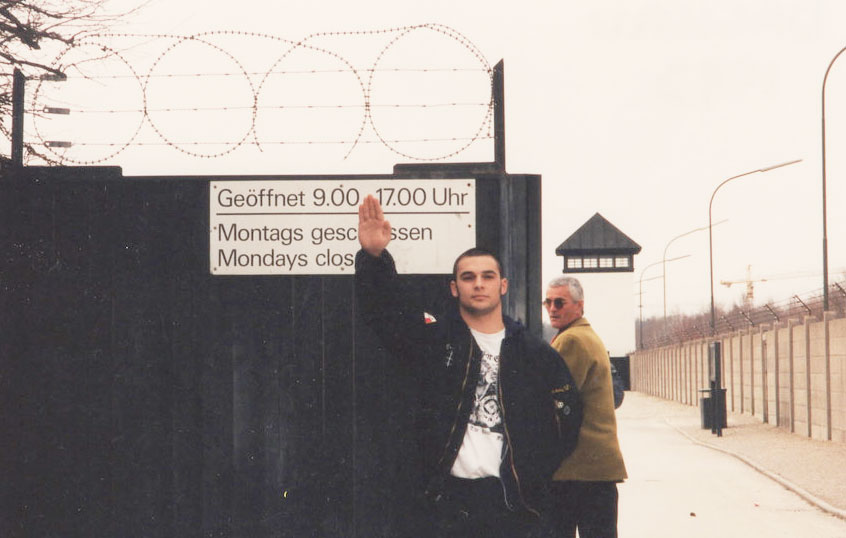As a 14-year-old in 1980s Chicago, Christian Picciolini was ripe for recruitment into a hate group: He was bullied, didn’t have a lot of friends and felt “abandoned” by his Italian immigrant parents who worked long hours.
One day, when he was standing in an alley smoking a joint, a car pulled up, and a man with a shaved head came out, pulled the joint out of his mouth and said:
“Don’t you know that’s what the Jews and the Communists want you to do to keep you docile?”
That man was Clark Martell, a national leader of the white supremacist skinhead movement. Martell’s history of violence, according to a 1989 Chicago Tribune article, included targeting LGBTQ people and people of color. He once attempted to burn down the house of a Latino family.
Picciolini was recruited into Martell’s neo-Nazi skinhead group in 1987, and when Martell ended up in prison a couple of years later, Picciolini took the helm.
“He made me feel powerful when I felt powerless, gave me family and a sense of purpose,” Picciolini told HuffPost. “I was a nobody kid people picked on for having a funny name ― and [a few years later] I was respected and powerful.”
“False power and false respect,” Picciolini added.
After having children, which Picciolini says challenged his “notions of identity, community and purpose,” he left the hate group in 1995.
Over a decade later, in 2009, he co-founded Life After Hate, a small nonprofit run entirely by former members of America’s radical far-right, dedicated to supporting those who have left, or are seeking to leave, hate groups in the U.S.
It’s the only organization of its kind in the country ― and it’s up against a growing problem: The number of hate groups in the U.S. has doubled in the last 10 to 15 years, according to the Southern Poverty Law Center, and around 80 percent of those groups advocate white supremacist beliefs.
